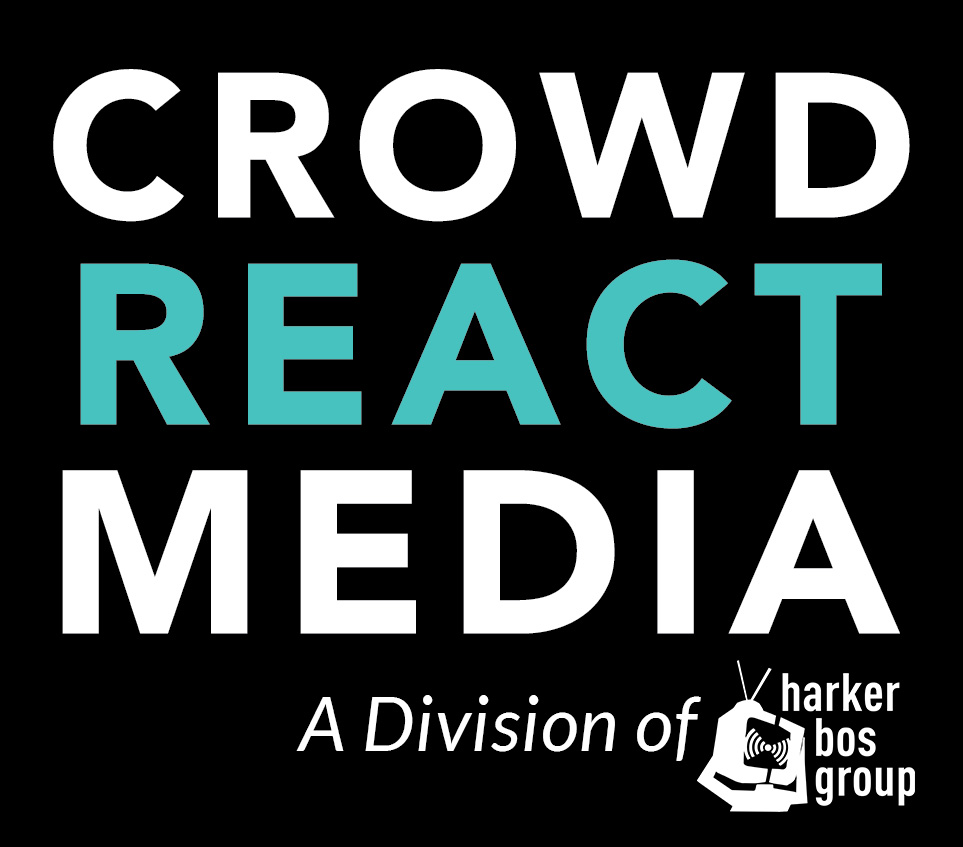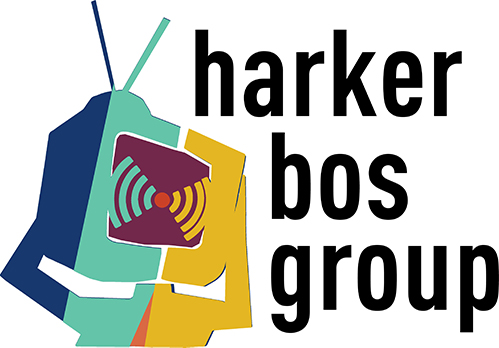Weekly Roundup – Week of June 12th, 2023
Sports Media & Sports Betting News
Online NC Sports Betting Bill Clears Legislature, Goes To Governor
"A bill legalizing online NC sports betting is heading to Gov. Roy Cooper‘s desk.
The North Carolina House voted Wednesday to concur with Senate changes to HB 347, 68-45. The online North Carolina sports betting legislation now heads to Cooper’s desk, where he will have 10 days to sign it. Cooper is expected to do so.
The Senate passed the bill last week, and the House concurred on a second reading Tuesday. Once signed by Cooper, online sports betting will be allowed to begin Jan. 8, 2024, and regulators will work to have sportsbooks launch as close to that date as possible.
...
The North Carolina Education Lottery Commission will oversee the industry, including developing the rules and licensing process and regulating once live. Commissioners also will approve what events North Carolinians can bet on.
The commission has nine members. Commissioner will begin work on the regulatory process once Cooper signs the bill, according to a statement from the agency.
“The full responsibilities won’t be known until legislation is signed into law,” the statement reads. “Then, the lottery will work as quickly as possible to meet its responsibilities in licensing operators so that sports betting can be conducted fairly and responsibly in North Carolina.”
Online North Carolina framework
The legislation legalizes up to 12 online sportsbooks in North Carolina. Each five-year license requires a $1 million fee.
Up to eight in-person sportsbooks can open at professional sports facilities in the state as well. The facilities are home to MLS, NASCAR, NBA, NFL, NHL, NWSL and the PGA Tour.
...
According to legislative fiscal analysis, the state hopes to bring in up to $100.7 million annually in taxes by year five. Online NC sportsbooks could take up to $6.8 billion in wagers by the state’s second year of sports betting.
With a population of approximately 10.7 million, North Carolina can be compared to its northern neighbor Virginia, with a population of 8.7 million. Virginia bettors wagered $4.9 billion in 2022."
The Big Sports-Gambling Scandal Might Have Already Happened
"Last week, the NFL announced that Lions wide receiver Jameson Williams and three of his teammates would be suspended for six games — that’s two more than four — after “violating the league’s gambling policy.” What rule had Williams broken? He legitimately did not know.
“I was sick, I was hurt,” he said. “I didn’t know things like this was coming.” He said he did not know which rule he had violated, and, in fact, that he didn’t remember making a bet at all. The league doesn’t allow him to appeal the suspension, so he’ll miss a good chunk of next season. Oh, and the other three players involved were summarily released by the Lions.
So what had Williams actually done? According to the NFL, he made a bet using his phone at the team facility. He didn’t bet on his own team, and he didn’t even bet on the NFL. He just made a bet — which is perfectly legal in the state of Michigan — while on team grounds. That’s what was against the rules. That was six games, right there. And Williams had no idea. As detailed by the Athletic’s Kalyn Kahler piece in an excellent piece, he’s hardly alone on that front. “I don’t even know what the rule is, or when the rule changed or the fine print on what you can or can’t gamble on,” one ten-year veteran told Kahler. The suspended players are “sacrificial lambs,” another said. Another asked Kahler if she could explain the rules to him."
Secrecy, Cigars And A Venetian Wedding: How The PGA Tour Made A Deal With Saudi Arabia
"LIV had enticed some of golf’s most talented and bankable stars, including Brooks Koepka and Phil Mickelson, with contracts that sometimes promised them $100 million or more. The league’s television deal, though, had been meager, and its lawyers had acknowledged that its revenues were “virtually zero.” Federal judges in California added to LIV’s turmoil when they showed limited interest in shielding the Public Investment Fund from the kind of scrutiny it had generally avoided in other court battles in the United States.
But the PGA Tour, a tax-exempt nonprofit with an aging audience and a stiff reputation, was in greater peril. As part of a federal antitrust inquiry, Justice Department investigators were asking questions about heavy-handed tactics the tour used to discourage player defections and examining whether tour leaders were too cozy with other powerful golf organizations, like Augusta National Golf Club, the organizer of the Masters Tournament.
More precariously, the tour’s efforts to retain the loyalty of players, which included raising prize purses by tens of millions of dollars, were severely straining its finances. The tour’s television contracts had been constructed before it was facing one of the richest conceivable rivals. And the tour’s legal fees had swelled to more than $40 million a year — up more than twentyfold from the start of the decade — as it waged fights some thought could last until at least 2026.
...
Late in the year, the PGA Tour said a veteran deal maker, James J. Dunne III, would join its board, and some involved in the wealth fund wondered whether he would someday emerge as an emissary.
He did on April 18, when a WhatsApp message flashed on al-Rumayyan’s phone. The tone toward one of the world’s most influential financiers, a figure often addressed as “Your Excellency” and close to Crown Prince Mohammed bin Salman, was strikingly casual..."
News & Political Media News
D.C. Centrists Go To War Over 2024
"Two heavyweight centrist groups are aggressively feuding over whether a third-party ticket could win in 2024 if there's a rematch between President Biden and former President Trump.
Why it matters: The bipartisan group No Labels has serious cash to launch an independent campaign no matter what critics say — but the center-left think tank Third Way (and other Democrats across the country) are going to the mat to prevent a $70-million effort it is convinced will help the GOP.
Catch up quick: No Labels co-founder and leader Nancy Jacobson has called the group's project “an insurance policy in the event both major parties put forth presidential candidates the vast majority of Americans don’t support.”
She also said the organization won't nominate a ticket "if our rigorously gathered data and polling suggests an independent unity ticket can’t win."
A hypothetical No Labels electoral map suggests that its "unity ticket" winning 37% of the popular vote would get 286 electoral votes from "solid moderate independent states." (Ross Perot, the candidate it uses as its model, did not win more than 30% in a single state in his 1992 run.)"
'Trust Issue Is The Core': Marketers Balance Skepticism With Utilization Of AI-Media Buying On Platforms
"Like Bill Murray in Groundhog Day, marketers find themselves trapped in a recurring dilemma. But instead of reliving the same day, they are routinely confronted with the perennial question of whether digital advertising truly delivers on what Google, Facebook et al promise.
Now, AI has reignited these concerns among marketers.
They have reservations about engaging in a high-stakes game called “Trust the Robot,” wherein they relinquish their valuable data and control over how their campaign goals should be achieved to AI systems.
It’s the same for all the platforms and their AI-powered ad tools, including Google’s Performance Max, Meta’s Advantage+, and even TikTok’s Smart Performance Campaigns (SPC). They use AI to manage multiple facets of campaign management, from audience targeting to budget allocation.
All the marketer does is share their campaign parameters, data and assets with the algorithms, which then take over the optimization process. But they have no clue how this mysterious process works. It’s like hiring a magician to handle their ad campaigns, but this magician never reveals their tricks.
“Historically — and to a large extent still — this trust issue is the core challenge Google has faced with their predictive AI tools,” said Jeremy Hull, chief product officer at Brainlabs, NAMER. “At Google Marketing Live they announced several welcome features that increase transparency — not as much as advertisers have asked for, but still welcome visibility. Google is walking a tricky tightrope.”
While concerns about the black box nature of AI tools like Google’s Performance Max are not new, they have recently become more pronounced following the emergence of newer ones like TikTok’s SPC."
Congress Considers Saving AM Radio In Cars
"The U.S. House Communications and Technology Subcommittee will hold hearings on Tuesday for the proposed legislation that would require all new automobiles to come equipped with AM radio. The hearing entitled, “Listen Here: Why Americans Value AM Radio”, comes in the aftermath of eight automobile makers have either dropped, or intend to drop, AM radio in certain car models. These car makers cite with electric vehicles (EV), the motors interfere with AM radio, causing faded signals and an irritating buzzing sound. The hearing is the latest example of Congressional concerns as carmakers remove AM radio in some, if not all, of their newer models.
In May, Congress introduced laws designed to protect the presence of AM radio in cars. In a rare achievement, “The AM for Every Vehicle Act”, has bi-partisan support. It was introduced in the Senate by Ed Markey (D-MA) with co-sponsor Ted Cruz (R-TX). The proposed bill would require carmakers to keep AM radio in cars. The bill has the support of National Association of Broadcasters, the National Association of Farm Broadcasting and the chairperson of the FCC, Jessica Rosenworcel. The sponsors of the proposed bill cite the role of AM radio has in emergencies especially in rural areas.
In the House of Representatives, Cathy McMorris (R-WA), Chair of the Energy and Commerce Committee said, “Communities across the country rely on AM radio services for local news, weather reports, and other critical information. It is also a key tool for our nation's emergency communications infrastructure, especially when other communication services are not available. I look forward to this timely discussion on the many benefits of AM radio as a source of information and the importance of ensuring it continues to be available in new vehicle models.
Following the announcement of the proposed Congressional law, Ford Motor, after indicating that AM radio would be removed in most of their U.S. car models, stated in the future all car models will come with AM radio. In a social media post, Ford Motor CEO Jim Farley, wrote, “We’ve decided to include it on all 2024 Ford and Lincoln vehicles. For any owners of Ford’s EVs without AM broadcast capability, we’ll offer a software update.”
Recent Blogs from Crowd React Media & Harker Bos Group
CRM Interview Series - Katie Miller Interviewed By Scott Masteller
This is the first video in the CRM Interview Series which will be conducted by Scott Masteller with all of the team members of Crowd React Media, a division of Harker Bos Group.
This interview covers the importance of media research, the lifespan of a media research project, and how research provides a return on investment.


